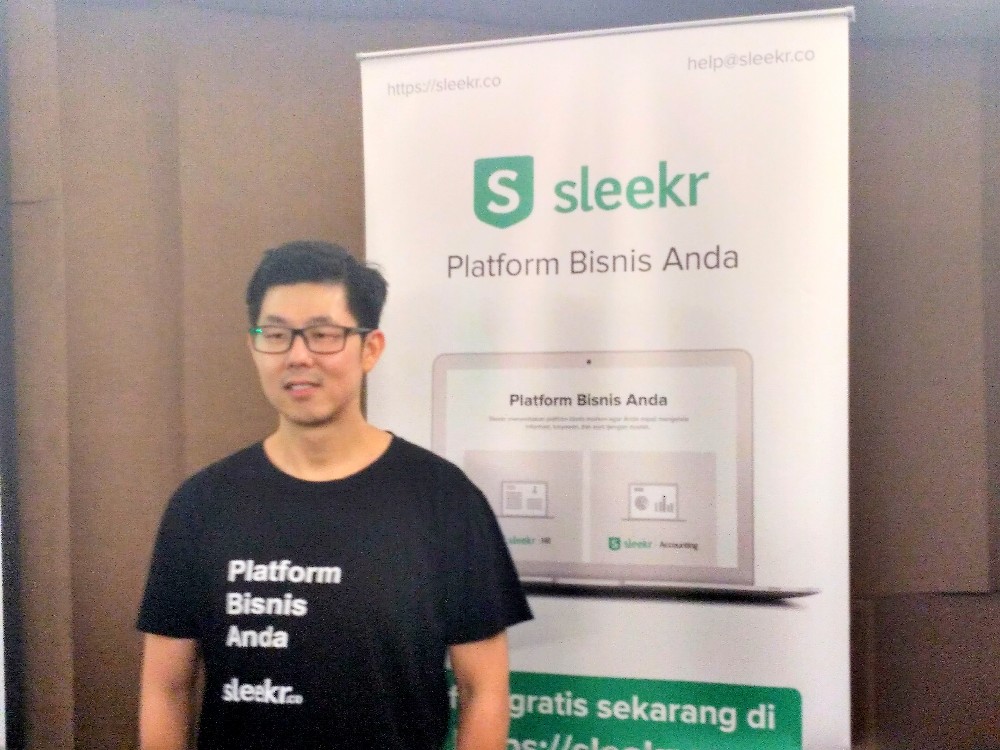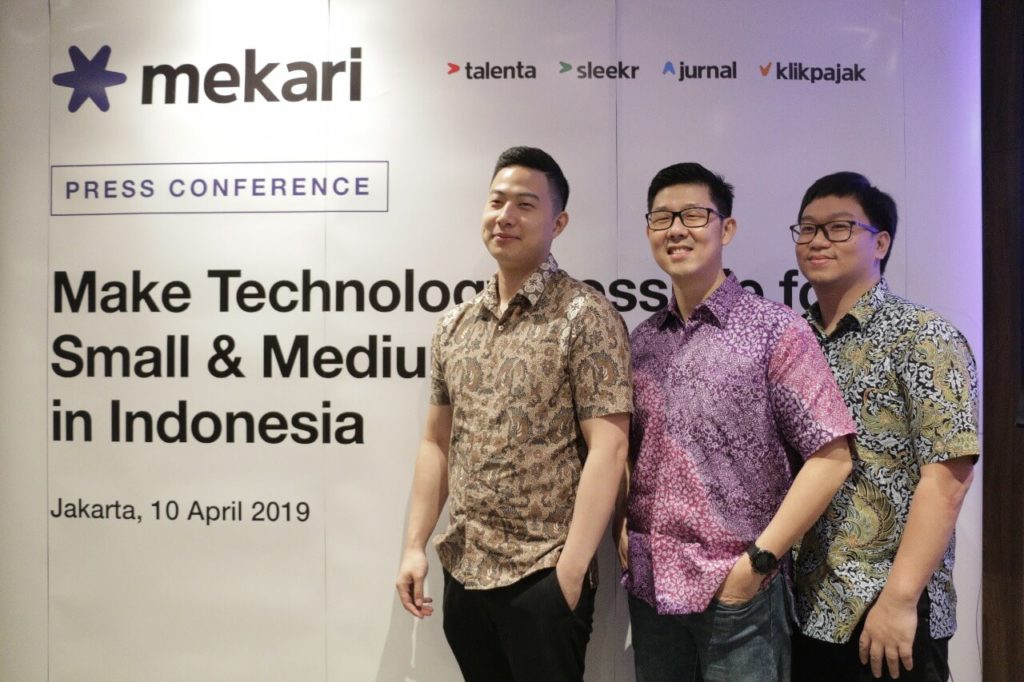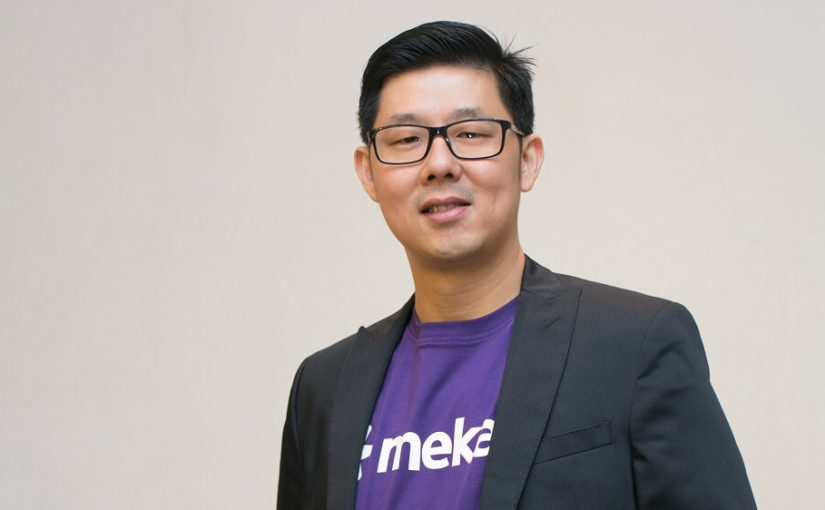Since the rebranding into Mekari in 2019, the SaaS platform that is focused on increasing employee and business productivity has become one of a few profit-oriented technology platform which is not provoked by the “burn money” scheme.
The pandemic that has accelerated technology adoption at various scales has triggered Mekari’s rapid growth. The company expanded its product line by acquiring the CRM service developer platform Qontak last month.
Mekari’s CEO, Suwandi Soh, who participated as the mentor for the online incubator program DSLaunchpad Ultra 2021, revealed that the rapid growth of the SaaS platform provides motivation for companies to develop sustainable businesses.
Mekari is also listed in the centaur list with a valuation exceeded $100 million.
Inspiring journey

In the early days before Mekari, Suwandi said that he had worked in several companies and noticed that many are still relied on conventional methods to monitor various types of data in terms of employee management. Manual recording and the use of spreadsheets make the process inflexible and less accurate.
He perceived the current condition and the huge opportunity for technology to solve this, Suwandi then began to introduce the HR management business model using software-as-a-service (SaaS).
“Previously I noticed there are many platforms that offered relevant technology to businesses to manage their employee and business management. However, most of them offer quite expensive prices and usually available for large companies. There are many small to medium-sized companies have not utilized that kind of software,” Suwandi said.
Entering the year of 2014-2015, services began to appear that offer SaaS for all. Suwandi used this momentum to introduce his products. This goes along the increasing penetration of the internet among the public.
“Starting from Sleekr [before rebranding into Mekari], we see an opportunity to explore further how to handle business needs and complete operations in the company for accounting, HR, also tax management using SaaS,” Suwandi said.
The micro, small, and big enterprises

Indonesia is a Southeast Asian country with the largest number of MSME players. Based on the Ministry of Cooperatives, Small and Medium Enterprises (KUKM) data in 2018, there are 64.2 million MSMEs that absorbs around 117 million workers or 97% of the national workforce. MSMEs contribution to the national economy (GDP) has reached 61.1%.
“It is said that Indonesia will become the 4th global country in terms of GDP in 2030. Indonesia should be able to grow bigger and become a world economic power. Now is the right time to invest and grow in Indonesia,” Suwandi added.
In terms of business segmentation, Suwandi notices a slight difference defined by Mekari. When talking about MSMEs, there are many who still consider warungs or small businesses that are run independently are MSMEs .He mentioned 5 structures related to this matter, micro, very small, small, medium and large. With the slight difference, he claims to still adhere the same perception as defined by the government using 4 structures (micro, small, medium and large businesses).
“The pandemic has shifted most of the business. Not only big, but also small [businesses] are starting to adopt SaaS technology. There are also those who are leveraging the cloud to make online collaboration easier with dispersed teams,” he said .
Mekari prioritizes software that provides value for business. These values are what Mekari offers for helping businesses increase productivity, business development, and accelerate business.
Currently the business model is a fully paid subscription. However, Mekari does not limited to free subscription with paid options for additional features.
The future of SaaS

One of the advantages of SaaS startups, Suwandi said, is the benchmark that investors already understand. Venture capitalists and large companies feel comfortable investing in SaaS platforms, such as Mekari, because most of them are also companies included in the category.
“Overseas, the SaaS industry is very mature, in contrast to ride-hailing, which is relatively new. SaaS has a lot of understanding compared to other sectors, therefore, it does not become an obstacle for SaaS startups to later emerge and offer services to target users,” Suwandi said.
The high awareness also makes it easier for Mekari to implement a sustainable and profit-oriented business scheme. When you want to do marketing activities, for example, you will pay close attention to metrics such as LTV/CAC. While there is no definite recipe, it does provide an advantage for the SaaS platform to run a business.
“Speaking of sustainability and profitability, I think both are equally important. It is important for companies to be able to accelerate growth, but on the other hand, they can also earn profits and continue to survive,” Suwandi concluded.
–
Original article is in Indonesian, translated by Kristin Siagian
